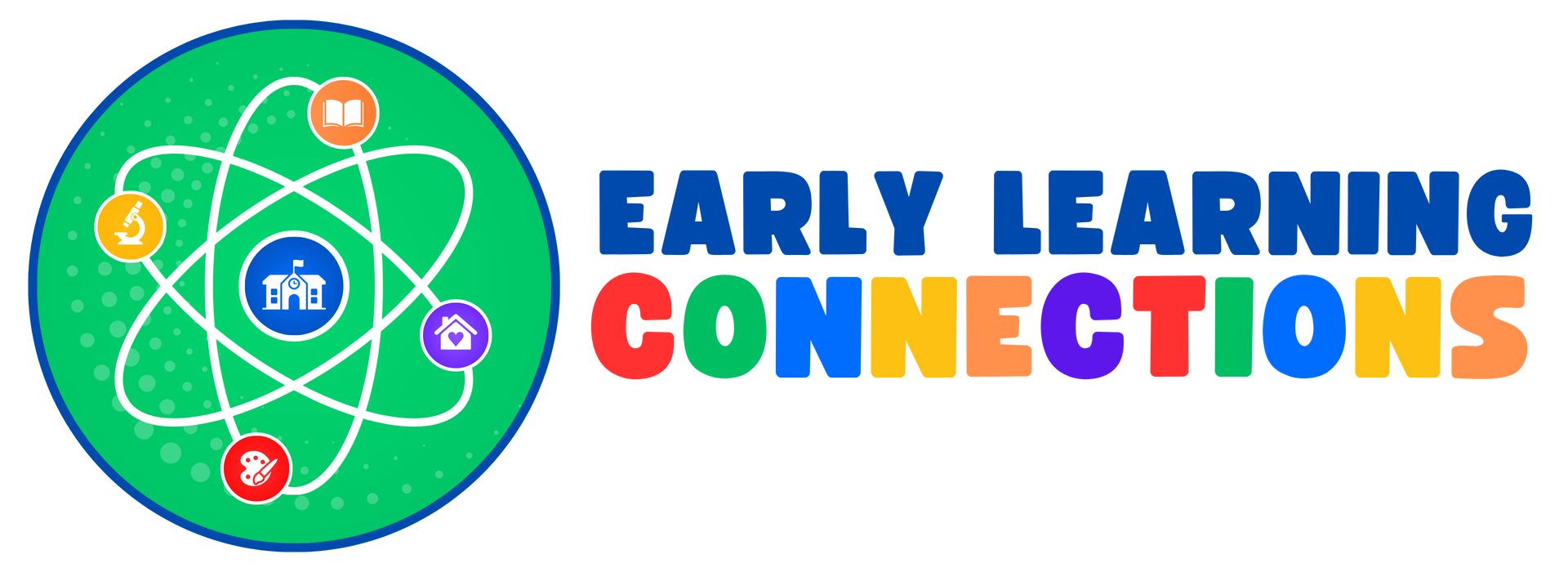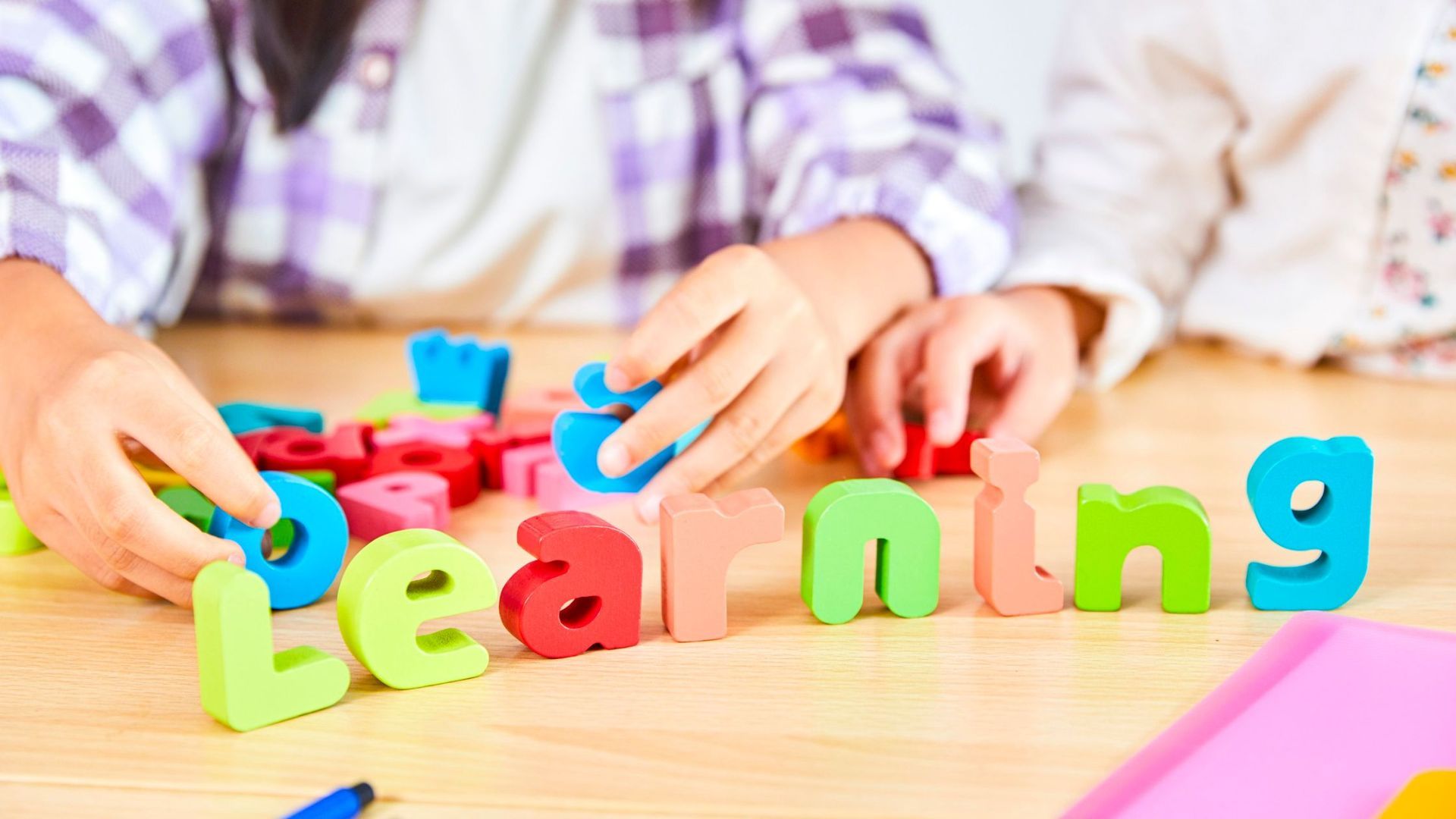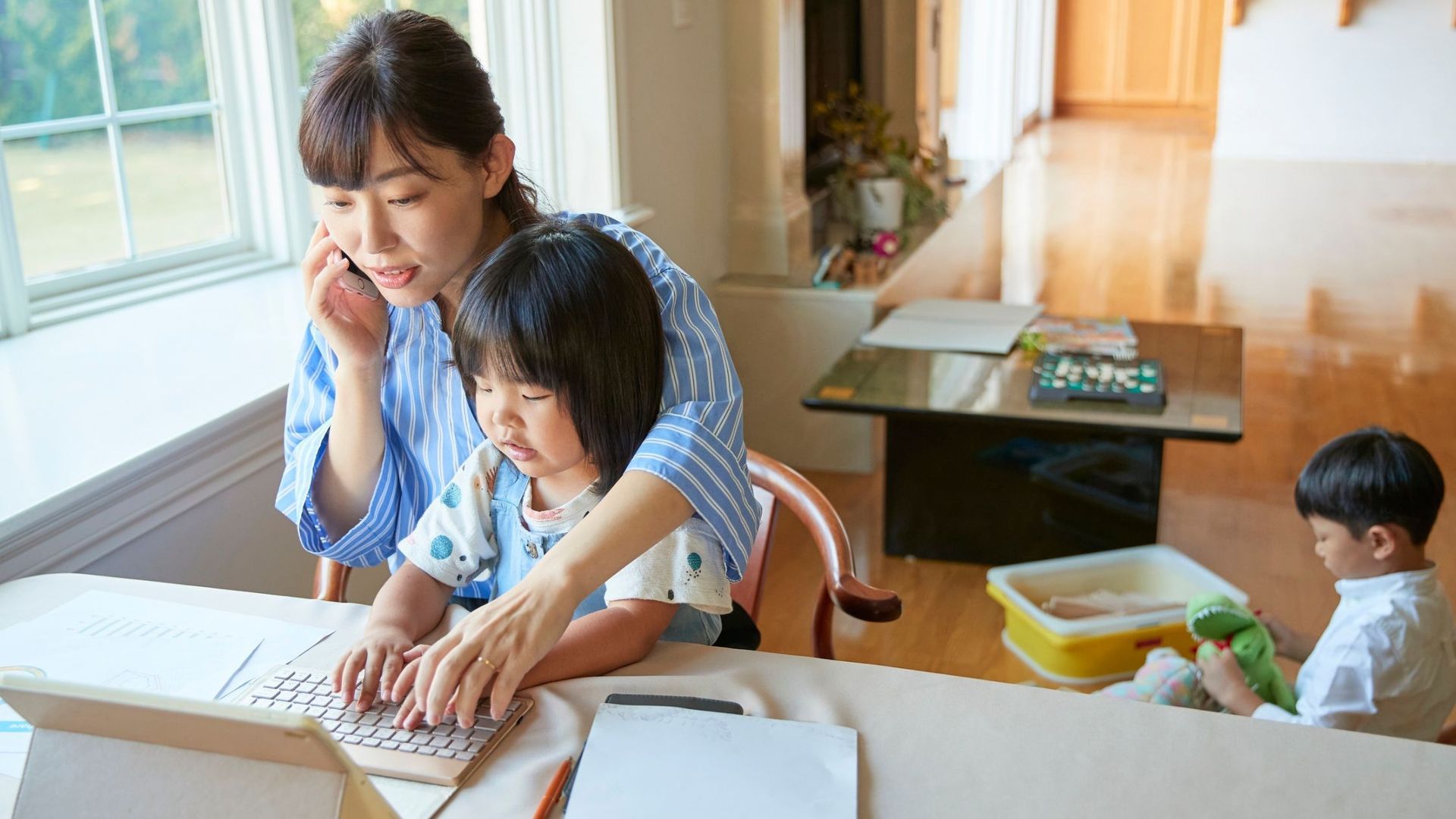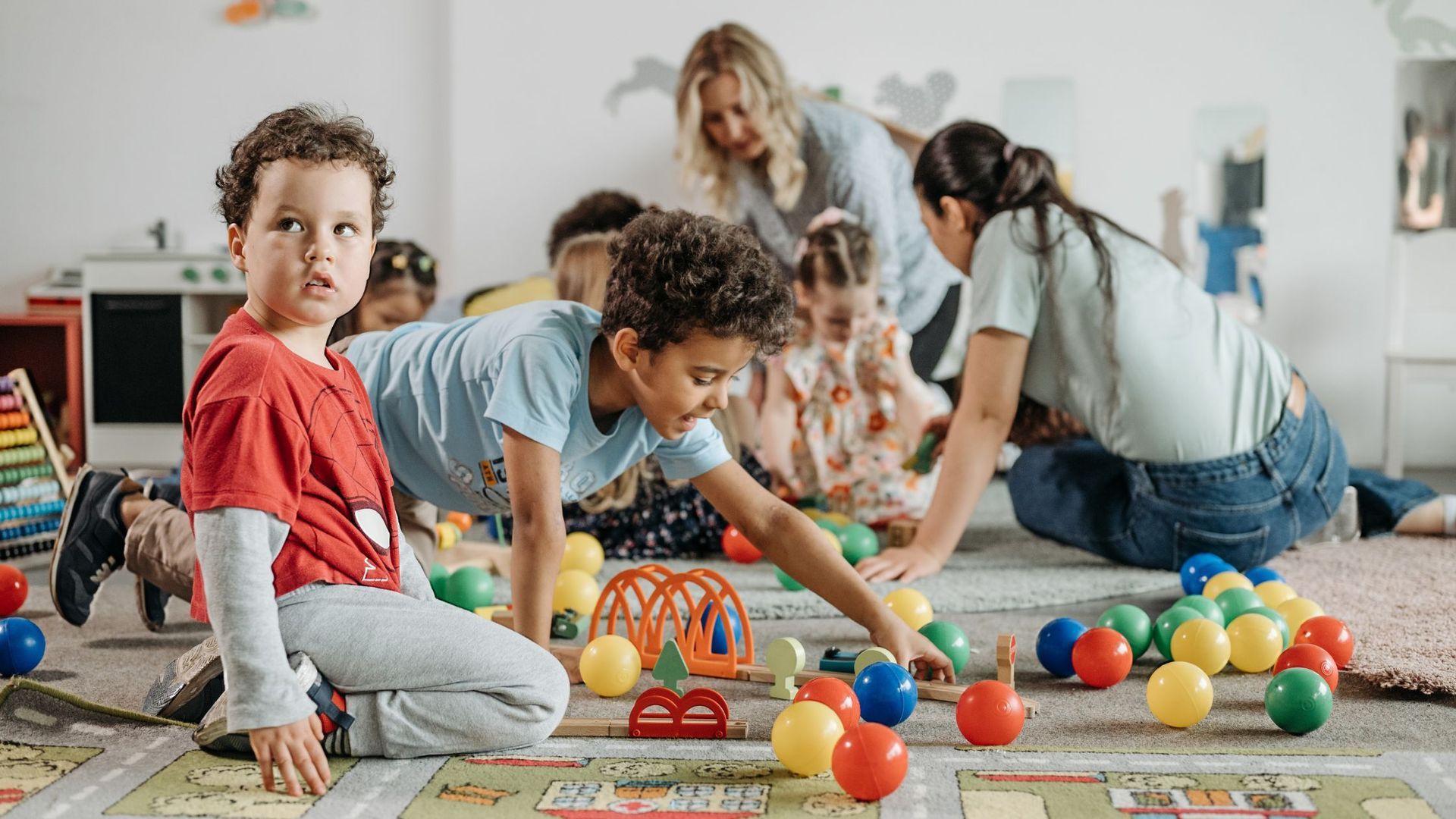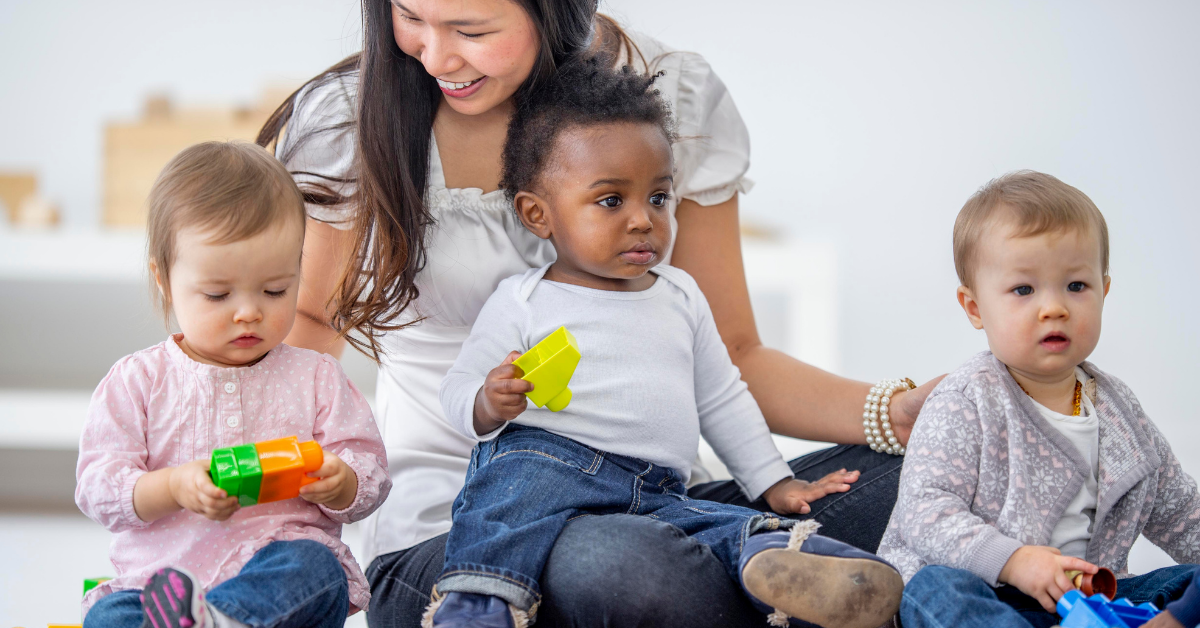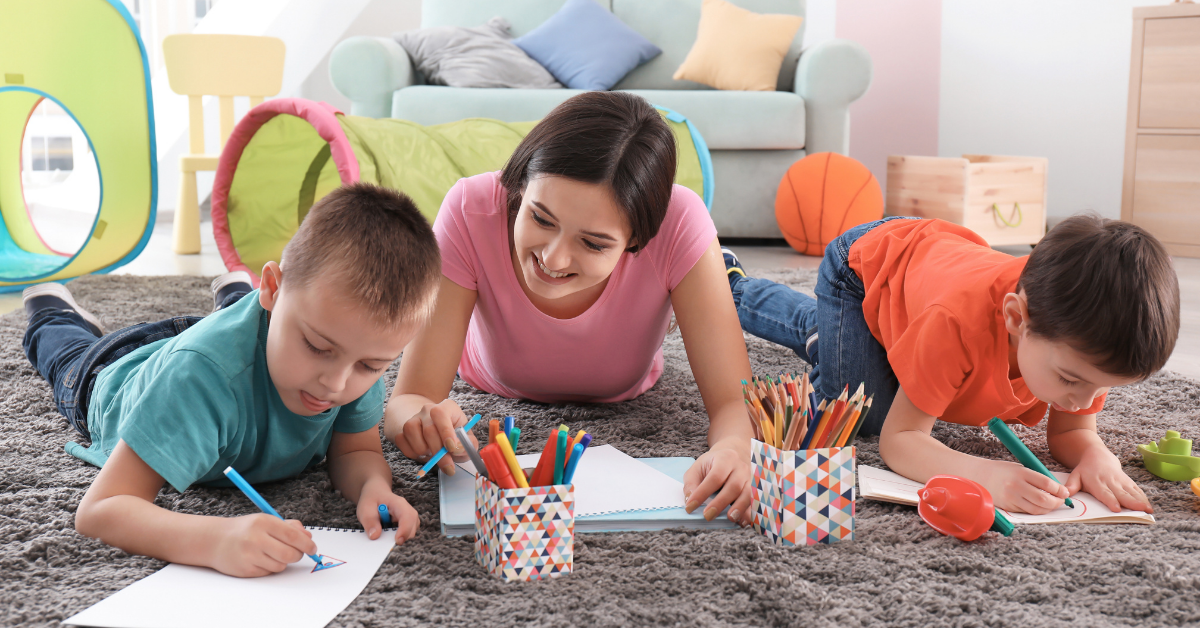Why Parent Involvement is Key to Early Childhood Education
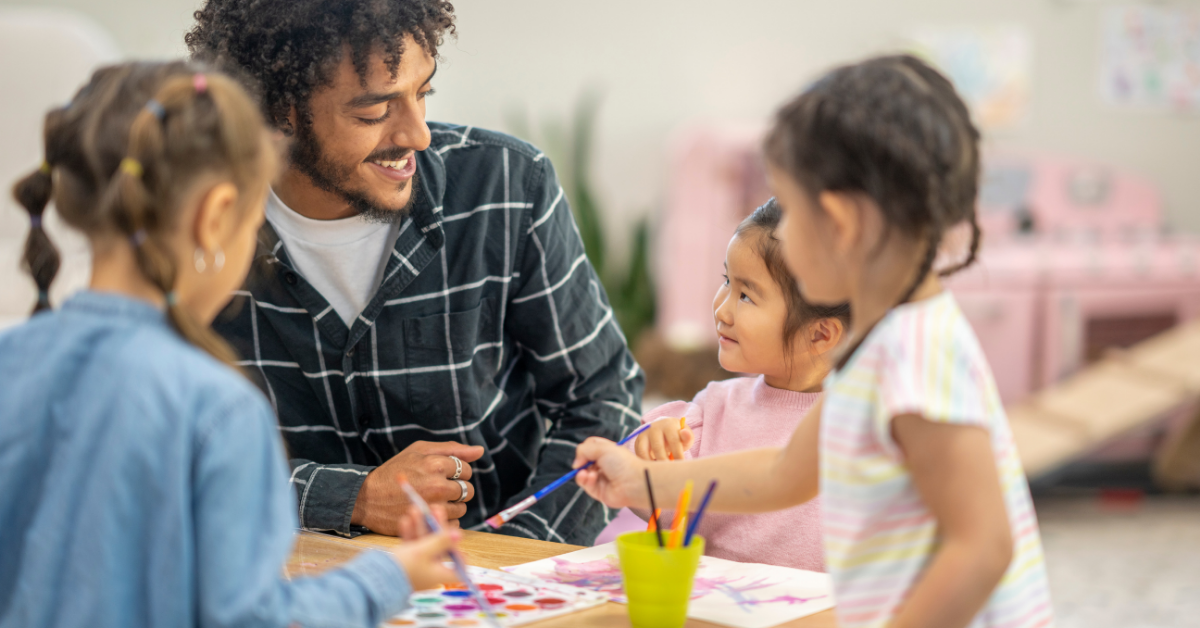
Introduction
Early childhood education lays the foundation for a child’s lifelong learning, social skills, and emotional well-being. While teachers and schools play a crucial role, parental involvement is equally—if not more—important. When parents actively engage in their child’s learning process, it fosters stronger academic performance, emotional resilience, and a positive attitude toward education. This article explores the significance of parental involvement in early childhood education and practical ways parents can contribute to their child’s development.
The Role of Parents in Early Education
Parents are a child’s first teachers, shaping their early experiences, values, and attitudes toward learning. Research consistently shows that when parents take an active role in their child’s education, the child benefits in multiple ways. Here’s how:
Academic Benefits of Parent Involvement
Boosts Cognitive Development
Engaging in conversations, reading together, and participating in learning activities at home enhance cognitive skills, vocabulary, and comprehension abilities.
Improves Academic Performance
Children with involved parents tend to perform better in school, achieving higher literacy, math, and problem-solving skills. Their curiosity is nurtured, making them more eager to explore new concepts.
Encourages a Love for Learning
When parents show excitement about education, children are more likely to develop a positive attitude toward school and learning, reducing the risk of academic struggles.
Social and Emotional Benefits of Parent Involvement
Enhances Emotional Security
Children who receive consistent support from their parents feel more secure and confident, helping them adapt to new learning environments with ease.
Strengthens Social Skills
Parents who encourage playdates, social interactions, and emotional discussions help children develop better communication and interpersonal skills.
Encourages Positive Behavior
Engaged parents reinforce discipline, patience, and self-regulation, leading to fewer behavioral issues in school and improved relationships with teachers and peers.
Ways Parents Can Be More Involved in Early Childhood Education
Read with Your Child Daily
Reading stories together improves language skills, comprehension, and critical thinking. It also fosters a love for books and storytelling.
Create a Learning-Friendly Home Environment
Providing access to books, educational toys, and creative activities encourages self-directed learning. A structured yet flexible routine supports better learning habits.
Communicate with Teachers
Regularly engaging with educators helps parents stay informed about their child’s progress, strengths, and areas that need improvement. It also fosters collaboration between home and school.
Encourage Play-Based Learning
Play is a child’s natural way of learning. Incorporating educational games, puzzles, and outdoor activities into their daily routine strengthens cognitive and motor skills.
Model a Growth Mindset
Demonstrating perseverance, curiosity, and a love for learning teaches children resilience and the importance of effort in achieving success.
Parental involvement not only enhances a child's academic growth but also plays a crucial role in fostering emotional intelligence, helping children navigate their feelings and build strong social connections. Explore how to nurture emotional intelligence in young children.
A child’s ability to learn and thrive is also closely linked to proper nutrition, as a well-balanced diet supports brain development, concentration, and overall well-being. Learn why nutrition is essential for early childhood development.
Conclusion
Parental involvement in early childhood education is one of the most powerful factors in a child’s development. By fostering academic skills, emotional security, and a love for learning, parents can set their children on a path to lifelong success. Engaging in simple, meaningful activities can make all the difference in a child’s educational journey.
